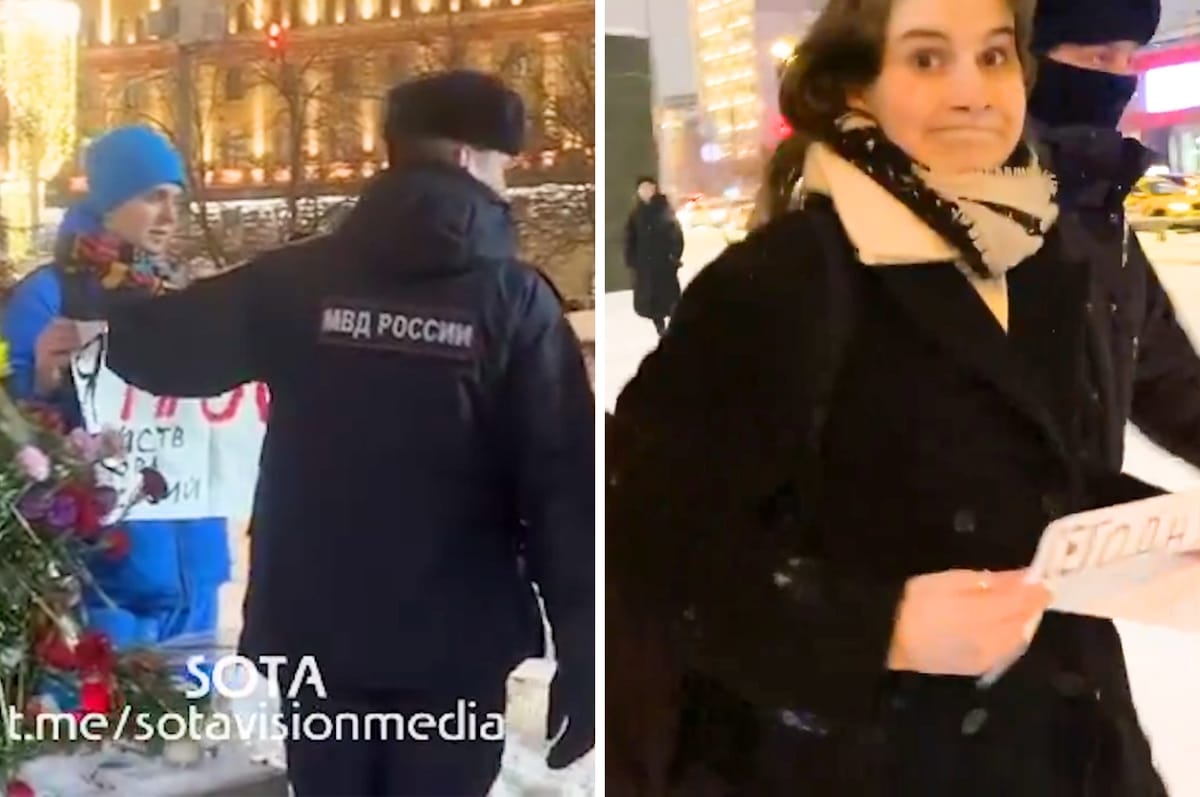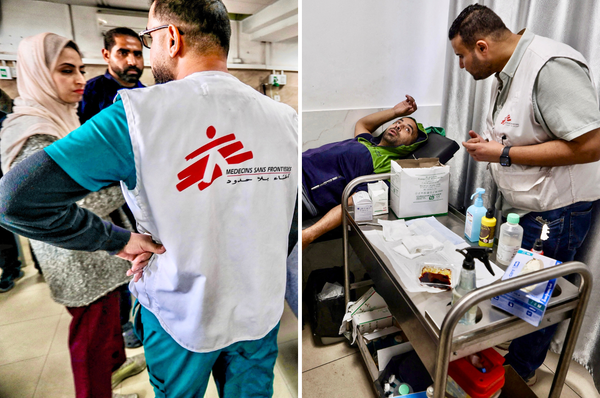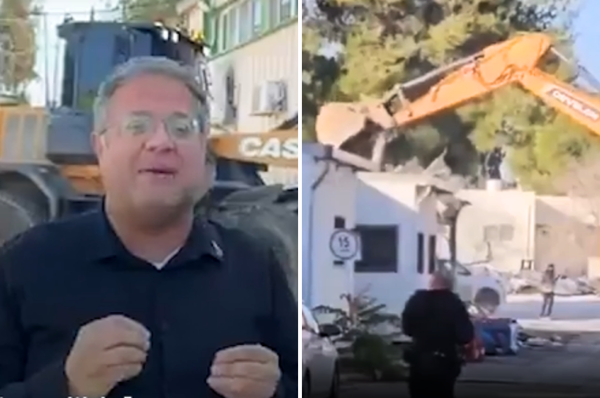Russian Police Have Arrested More Than 400 People For Mourning Opposition Leader Alexei Navalny
Police forcefully restrained people in the snow or simply detained them for putting flowers in memorials.

Russian police have detained more than 400 people who were ateending rallies and memorial to mourn the death of opposition leader Alexei Navalny, who authorities said died in prison on Feb. 16.
The 47-year-old, known as Russian President Vladimir Putin’s biggest critic, was serving a 19-year sentence in a remote Arctic prison for promoting “extremism”.
He reportedly died after falling and losing consciousness during a morning walk, Russian state media reported.
Navalny had previously experienced at least two attempted poisoning attacks, with one military-grade nerve poison attack, which was a suspected Kremlin attack, nearly killing him in 2020.
Following the news of his death, hundreds of people across Russia gathered at memorials to pay tribute to the late politician and others facing political persecution.
Many protesters have been arrested, with videos on social media showing police forcefully restraining people in the snow or simply detaining them for putting flowers in memorials.
Between Feb. 16 and 19, police detained more than 400 people in at least 30 cities, according to OVD-Info, an independent Russian human rights monitor.
In an interview with Almost, OVD-Info’s managing director, Dan Storyev said many had feared that something terrible would happen to Navalny “sooner or later”.
However, the atmosphere in Russia has still been of “absolute shock”, Storyev said.
In Russia’s second largest city St. Petersburg, a priest, Father Grigory Mikhnov-Vaytenko, had planned a memorial service in honor of Navalny and informed people on social media.
However, police detained him the moment he stepped out of his apartment, without even letting him make it to the actual service, Storyev told Almost.
Police detentions are anything but new, Storyev said.
In the last few years, Russia has banned protests under anti-dissent legislation, mass arresting people protesting for Navalny to be released and against the war in Ukraine.
Storyev said that although many fear being met with violence and possibly killed after being thrown to jail for protesting in a traditional way, but Russians have found ways to continue to protest.
“It’s important to understand that Russians are protesting and that Russians do not support the Kremlin’s regime, whether it’s to start the war in Ukraine or killing political dissidents,” he said.
“People claim that Vladimir Putin has some support, but this is in many ways entirely simulated,” he added.




